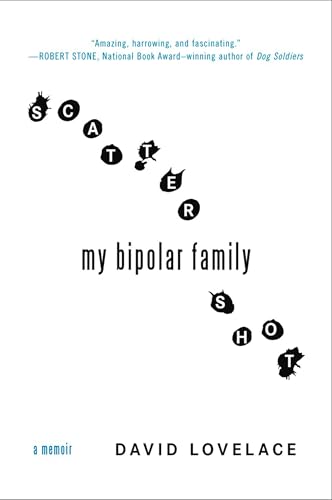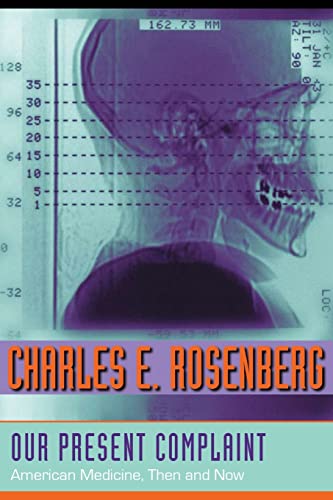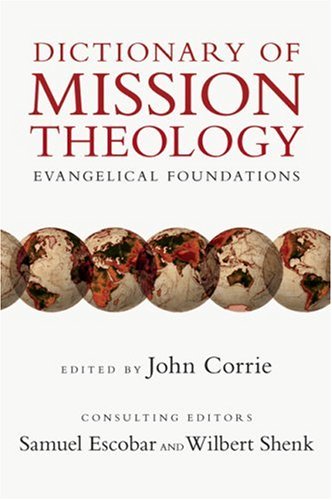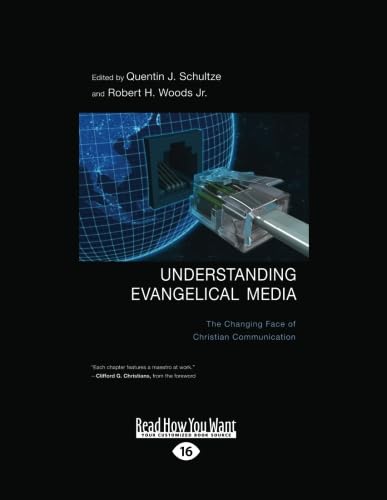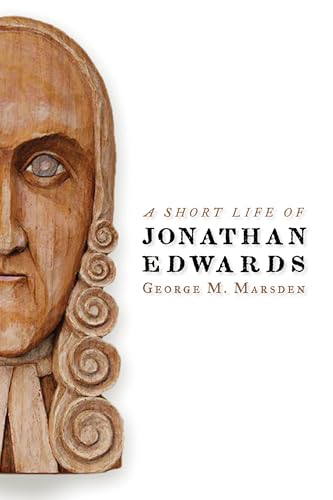David Lovelace’s memoir is a lively mix of humor, tragedy, and a well told story. Scattershot gives us a window into the troubled bipolar soul of a family from Hamilton, Massachusetts. Readers of Themelios will be familiar with the author’s father, Richard Lovelace, a brilliant and godly church historian at Gordon-Conwell Seminary (now emeritus); the author’s mother is Betty Lee Lovelace. The protagonist (David) is their eldest, and he has a sister Peggy and a brother Jonathan. As the story unfolds, we discover how everyone in the family except Peggy develops bipolar disorder, all four hospitalized at different times because of the condition. In ten chapters, we meet this family and the remarkable, sometimes funny, sometimes frightening, ways in which the manic-depressive cycles affected the author and the rest of his family. A large part of the narrative finds Lovelace running away from this reality, relentlessly scared, only to be finally reconciled with it at the end. His adventures make for an incredible if sometimes sobering page-turner, laden with its own share of the dark and even scandalous. While not written from a Christian perspective, Lovelace is acquainted with his father’s pious Presbyterian faith. Those who have relatives or friends with bipolar disorder will benefit tremendously from his memoir; those without will come away informed. Ethicists and theologians who investigate matters of anthropology and hamartiology will also want to come to terms with the implicit issues raised. But all of us remain in Lovelace’s debt for a brave, poignant, and illuminating account of his family’s struggle. He writes in the last chapter, “I know our disease. I deserted my family and ran from it. I denied it three times and refused it. All that drama may seem pointless and sad but it taught me” (p. 290). May it also teach us.
Hans Madueme
Hans Madueme is associate professor of theological studies at Covenant College in Lookout Mountain, Georgia.
Other Articles in this Issue
For Ezra had set his heart to study the Law of the LORD, and to do it and to teach his statutes and rules in Israel (Ezra 7:10)...
Salvation History, Chronology, and Crisis: A Problem with Inclusivist Theology of Religions, Part 2
by Adam SparksA fundamental requirement in an inclusivist understanding of the relationship between Christianity and other religions is evidence of God's salvific activity outside of any knowledge of Christ...
The Center of Biblical Theology in Acts: Deliverance and Damnation Display the Divine
by James M. Hamilton Jr.Acts 1:1 opens with a reference to what Jesus "began to do and teach"1 recounted in the Gospel of Luke, indicating that this second volume will carry the narrative of Jesus' actions and teachings forward...
Shared Intentions? Reflections on Inspiration and Interpretation in Light of Scripture’s Dual Authorship
by Jared ComptonIt was not too long ago that Kevin Vanhoozer answered the question Is There a Meaning in This Text? by relocating meaning in authorial intention,1 doing so even more robustly (not to mention, evangelically) than E...
The original question I was asked to address was "How does our commitment to the primacy of the gospel tie into our obligation to do good to all, especially those of the household of faith, to serve as salt and light in the world, to do good to the city?" I will divide this question into two parts: (1) If we are committed to the primacy of the gospel, does the gospel itself serve as the basis and motivation for ministry to the poor? (2) If so, how then does that ministry relate to the proclamation of the gospel?


